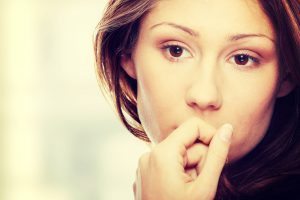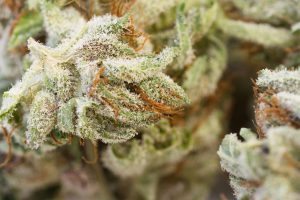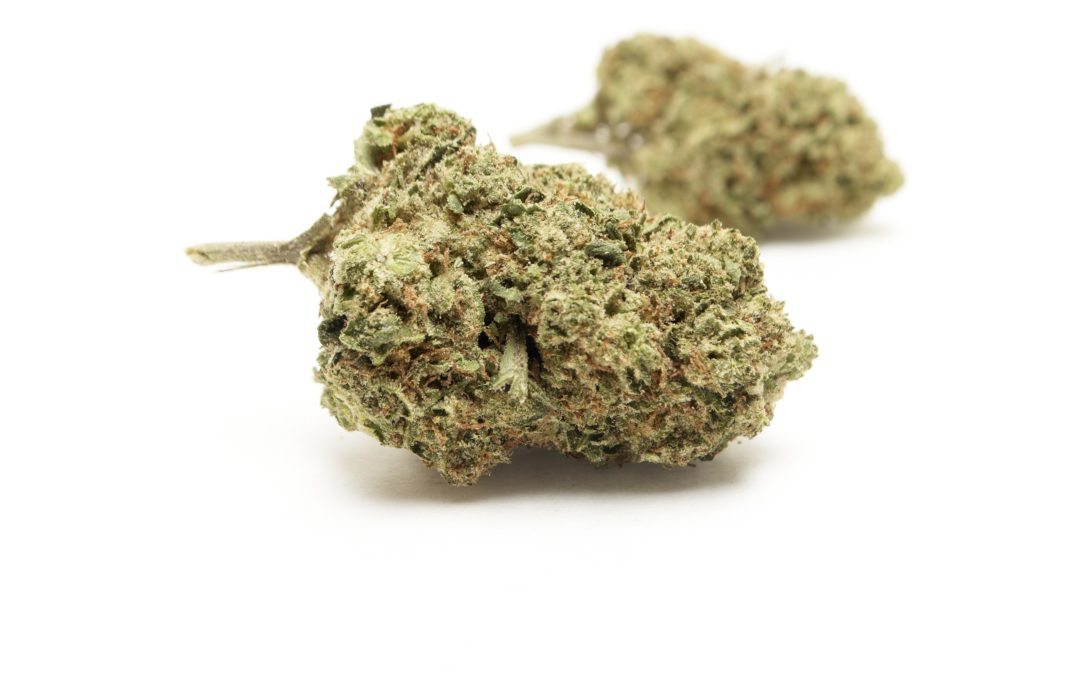From “Reefer Madness” in the ‘30s to the Drug War in the ‘80s to the “gateway drug” rallying cries we hear against legalization today, Cannabis is the long-suffering victim of a decades-long smear campaign. In the haze of harmful myths about marijuana, it can be tough to discern fact from fiction – so is it really true that smoking Cannabis can induce psychosis and schizophrenia? Or is that just another invention of the propaganda machine? The truth is, scientists haven’t arrived at a clear consensus.
Are Schizophrenia and Psychosis the Same Thing?
Before we embark on a discussion about whether Cannabis induces onset of mental illness, it’s important to draw a clear distinction between schizophrenia and psychosis. While these terms are often used interchangeably, it is medically inaccurate to substitute one for the other.
Psychosis, an umbrella term which broadly encompasses delusional thinking or loss of contact with reality, is not a disorder in and of itself. It is a symptom of a disorder, frequently schizophrenia or bipolar disorder. A person who is having a psychotic episode may experience visual and/or auditory hallucinations, and may believe they are being followed, watched, or persecuted. Psychosis should not be confused with psychopathy, an unrelated personality disorder characterized by antisocial behavior and the absence of empathy.

Unlike psychosis, schizophrenia is a psychotic disorder. To quote the DSM – long regarded the diagnostic gold standard in the field of psychiatry – schizophrenia is characterized by two or more of the following symptoms, lasting for at least one month out of a six-month period with “continuous signs of the disturbance”:
- Delusions
- Disorganized speech
- Disorganized or catatonic (non-responsive) behavior
- Hallucinations
- “Negative symptoms,” or symptoms involving a decrease in brain activity, which include lack of speech (alogia), lack of motivation (avolition), and diminished emotional expression (affective flattening)
Psychotic disorder NOS (“not otherwise specified”) may be diagnosed when a person experiences a psychotic episode, but doesn’t otherwise satisfy the medical criteria for schizophrenia or other psychotic disorders. An initial diagnosis of psychotic disorder NOS may later be changed to a more specific diagnosis as the patient’s symptoms become better understood by his or her physician.
Can Smoking Marijuana Cause Me to Have a Psychotic Episode?
This is a controversial question with a complex answer, but to summarize as succinctly as possible: research indicates there may be a correlation between psychosis and marijuana use. However, since correlation does not equal causation, it is difficult if not impossible to decisively state whether Cannabis use induces psychosis based on our current scientific knowledge.
While researchers have yet to arrive at any hard conclusions, the tentative consensus is that if schizophrenia runs in your family, using Cannabis may increase the risk of onset. However, the average schizophrenia onset age (18 for males and 25 for females) happens to be right around the same age most people start experimenting with Cannabis, which unfortunately confounds any clear-cut determination of causality. Moreover, the risk of developing schizophrenia plummets once you get past the 25 to 30 age range, which suggests the cause is more closely tied to genetic makeup than use of Cannabis (or other substances, for that matter).
Recent medical research lends weight to this idea. A study by Harvard Medical School researchers published in Schizophrenia Research last year found that “an increased familial morbid risk for schizophrenia may be the underlying basis for schizophrenia in Cannabis users and not Cannabis use by itself.” (It’s also telling that, while marijuana use has risen since 2007, the incidence rate of schizophrenia has not.)
So, when are we going to know for certain? It’s hard to say, but in an effort to uncover concrete answers, a few major hypotheses have been put forward. Psychiatry MMC noted two of them in a study on Cannabis-induced bipolar disorder from 2009:
- Hypothesis 1 – Cannabis use causes psychotic episodes (but not schizophrenia) in otherwise healthy people who would not have experienced psychosis without using Cannabis.
- Whether it’s consistent or only occasional, some people do experience intense feelings of paranoia, panic, and anxiety while under the influence of marijuana. As Psychiatry MMC noted, “In one survey, it was reported that 15% of Cannabis users identified psychotic-like symptoms, the most common being hearing voices or having unwarranted feelings of persecution.”
- Remember, schizophrenia is a chronic psychosis, whereas psychosis itself is episodic. Cannabis can potentially provoke acute short-lasting psychosis, but induction of actual schizophrenia is less clear. As Dr. Volkow told NPR, “You can have a psychotic episode from the use of marijuana without it turning into schizophrenia. It’s very distressing, but you’ll get out of it.”
- Hypothesis 2 – Cannabis use “may precipitate psychosis in individuals who are [already] predisposed” toward psychotic episodes. This is also known as the “vulnerability theory.”
- James Watson, a Nobel Prize-winning scientist who discovered the double-helix structure of DNA with Francis Crick in the early 1960s, seems to agree with this stance. “It’s clear that if you’re predisposed to schizophrenia, smoking marijuana will tip you over,” he told Big Think in 2010. “But marijuana won’t tip over someone into schizophrenia that is probably not predisposed to it. So, you know, most people smoke it and do not end up in mental hospitals. But some do.”
Dr. Malik Burnett, MD and Dr. Amanda Reiman, PhD, who write for the NYC-based non-profit Drug Policy Alliance, point out some additional (but unconfirmed) theories:
- Contributing Cause Theory – Cannabis use, while not unimportant, is only one of many “contributing causes” to the development of schizophrenia or recurring psychotic episodes.
- As noted by a study in Frontiers in Psychiatry, variables like “family history, genetic factors, history of childhood abuse, and the age at onset of Cannabis use” all influence onset of mental disorders.
- Self-Medication Theory – People who have psychotic episodes tend to self-medicate with Cannabis. If true, this theory implies that correlation occurs not because Cannabis spurs psychotic episodes or schizophrenia, but on the contrary, because it helps patients alleviate or cope with the effects of psychosis or schizophrenia.
- As Dr. Volkow told NPR, “People who have an emerging schizophrenic disorder may be consuming marijuana trying to self-medicate because they just don’t feel right.”

At the end of the day, psychotic disorders (and episodes of psychosis) are extremely rare. According to Archives of General Psychiatry, only about 3% of people experience psychotic disorders, while about 0.9% of people experience schizophrenia. Schizophrenia and Related Disorders Alliance of America (SARDAA) reports about 3.5 million people with diagnoses in the U.S. today, which roughly corresponds with the 0.9% figure cited by Archives.
If your quality of life is being negatively impacted by a serious medical condition, you may be a good candidate for medical Cannabis. Call Dr. Tishler at (617) 477-8886 to start discussing the health benefits of medical marijuana in a private consultation.

